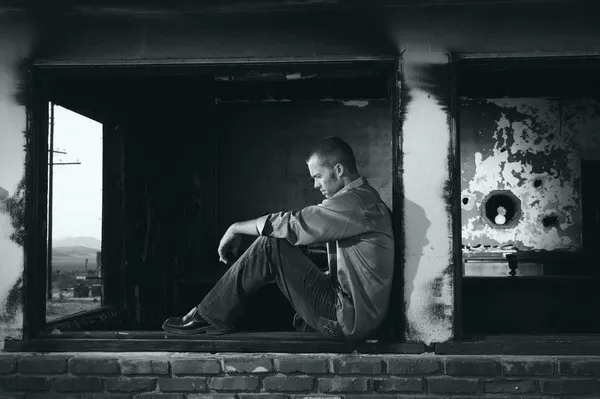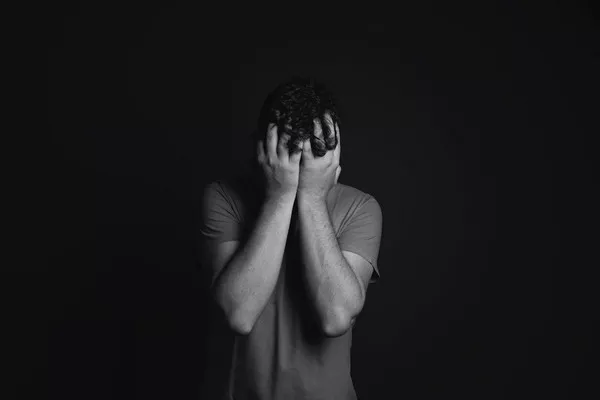Mental illness in the 1800s was shrouded in mystery and often misunderstood, as the prevailing beliefs of the time were deeply rooted in societal, cultural, and medical perceptions. Exploring this historical landscape offers insight into the challenges faced by individuals grappling with mental health issues during this era and the evolving understanding of mental illness that paved the way for modern psychiatric practices.
Societal Stigma and Moral Connotations
In the 1800s, mental illness carried a heavy burden of societal stigma and moral connotations. Individuals exhibiting symptoms of mental disorders were often perceived through a moralistic lens, with their conditions linked to perceived moral failings or spiritual shortcomings. The prevailing belief was that mental illness was a manifestation of weak character or a consequence of sinful behavior. This societal perspective added layers of shame and isolation to the already complex experience of those grappling with mental health challenges.
Asylums and Institutionalization
The response to mental illness in the 1800s involved the establishment of asylums and the institutionalization of individuals deemed mentally ill. While these institutions were created with the intention of providing care, the conditions within many asylums were often deplorable. Patients were subjected to harsh treatments, including restraints and isolation, reflecting a lack of understanding about the nature of mental illness. The prevailing belief was that removing individuals from society and isolating them in asylums would protect the public and cure the perceived moral and mental afflictions.
Phrenology and Pseudoscientific Theories
In the 1800s, pseudoscientific theories such as phrenology gained popularity as attempts to explain and categorize mental illness. Phrenologists believed that the shape and size of cranial bumps could reveal insights into an individual’s personality and mental faculties. This approach, however, lacked scientific validity, and its application to mental health issues contributed to further misconceptions. Phrenology reflected the prevailing belief that mental disorders were rooted in physical characteristics rather than understanding the complex interplay of psychological, environmental, and biological factors.
Moral Treatment Movement
Amidst the prevailing misconceptions, the 1800s also witnessed the emergence of the Moral Treatment Movement, a more humane approach to mental health care. Advocates of this movement, such as Philippe Pinel and William Tuke, emphasized the importance of treating individuals with mental illness with dignity and compassion. They proposed that a supportive and empathetic environment, rather than harsh disciplinary measures, could contribute to the improvement of mental health. This shift marked a nascent acknowledgment that the understanding of mental illness required a more nuanced and compassionate approach.
Hysteria and Gendered Diagnoses
Cultural perceptions of mental illness in the 1800s were often gendered, with certain diagnoses disproportionately affecting women. Hysteria, a catch-all term for a range of emotional and physical symptoms, was commonly applied to women experiencing mental health challenges. The prevailing belief was that women’s mental health issues were linked to their reproductive systems and inherent emotional volatility. This gendered perspective reinforced stereotypes and hindered a more comprehensive understanding of the diverse nature of mental health conditions.
Rise of Medical Interventions
As the 1800s progressed, there was a gradual shift toward medical interventions for mental illness. However, these interventions were often rudimentary and lacked the scientific rigor of modern psychiatric practices. The use of physical restraints, induced vomiting, and other harsh methods persisted, reflecting a continued reliance on physical interventions rather than nuanced psychological approaches. The development of early psychiatric medications, such as opium and chloral hydrate, marked a tentative step toward pharmacological interventions, albeit with limited understanding of their effects.
Society’s Perception and Literature
Literature of the 1800s played a significant role in shaping societal perceptions of mental illness. Novels like Charlotte Perkins Gilman’s “The Yellow Wallpaper” and Edgar Allan Poe’s works depicted characters grappling with mental health challenges, offering glimpses into the societal attitudes of the time. These literary works both reflected and challenged prevailing beliefs, contributing to a broader cultural conversation about mental illness. However, the nuanced understanding of mental health that modern literature strives for was still in its infancy during this period.
Emergence of the Psychological Approach
The latter part of the 19th century saw the emergence of psychological theories that began to explore the intricacies of the human mind. Sigmund Freud, a pioneering figure in psychology, introduced concepts such as the unconscious mind and psychoanalysis. While Freud’s ideas were not without controversy and evolved over time, they marked a departure from purely moral or physical explanations of mental illness. The acknowledgment of psychological factors opened the door to a more holistic understanding of the complexities of the human psyche.
Legacy and Lessons
Reflecting on the beliefs about mental illness in the 1800s provides valuable insights into the challenges faced by individuals during that era. The legacy of stigma, misconceptions, and inadequate treatments underscores the importance of ongoing efforts to destigmatize mental health, promote informed understanding, and advance evidence-based interventions. While modern psychiatry has made significant strides, the historical context serves as a reminder of the importance of continuous learning, empathy, and a multidimensional approach to mental health care.
[inline_related_posts title=”You Might Be Interested In” title_align=”left” style=”list” number=”6″ align=”none” ids=”3237,3235,3209″ by=”categories” orderby=”rand” order=”DESC” hide_thumb=”no” thumb_right=”no” views=”no” date=”yes” grid_columns=”2″ post_type=”” tax=””]

































